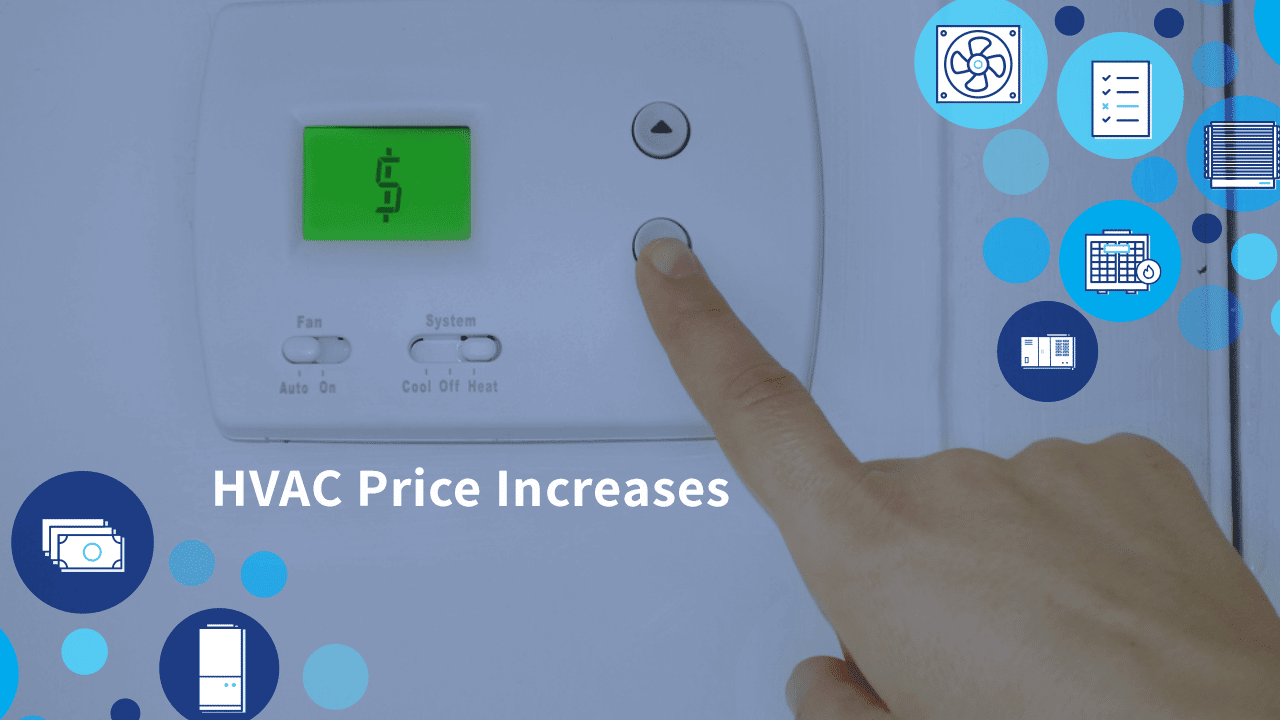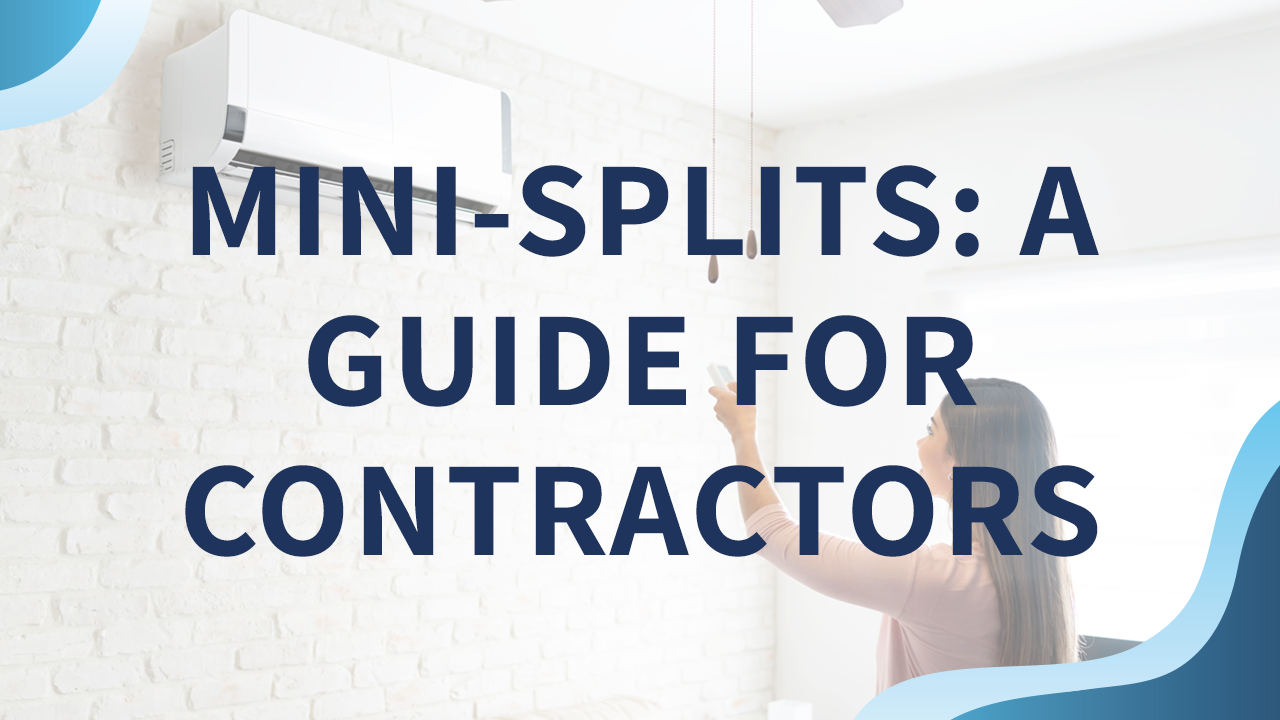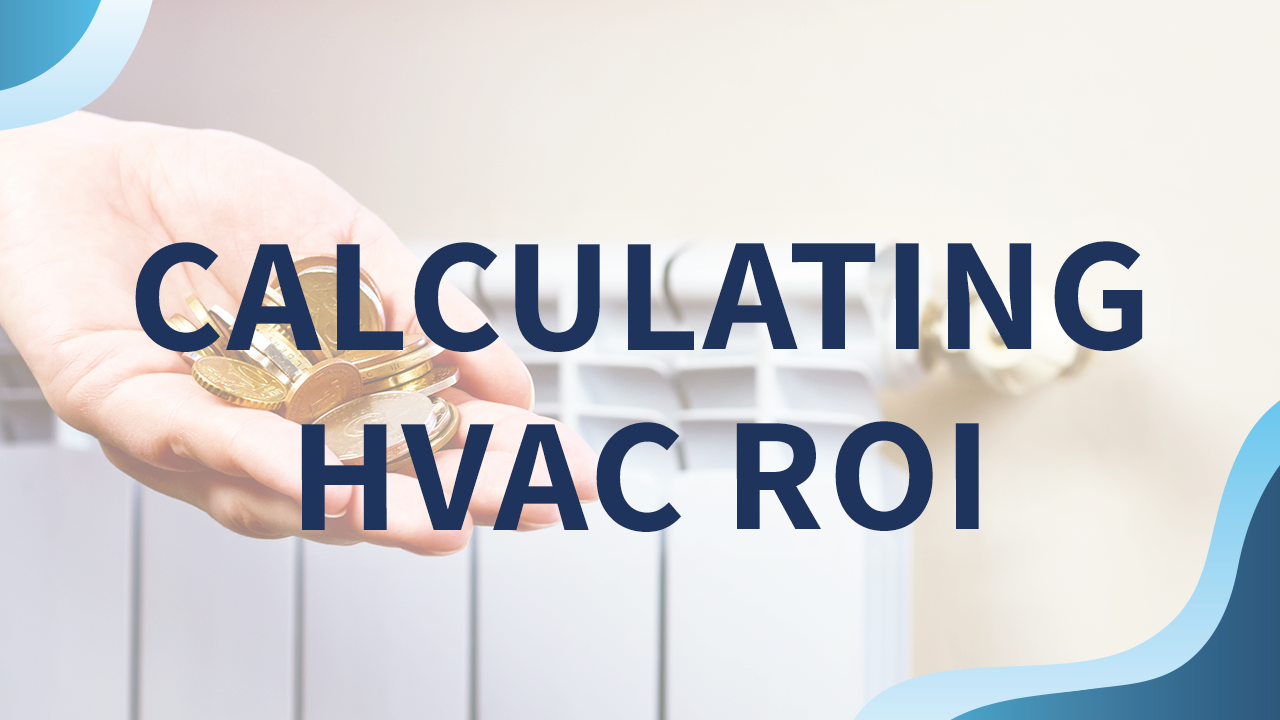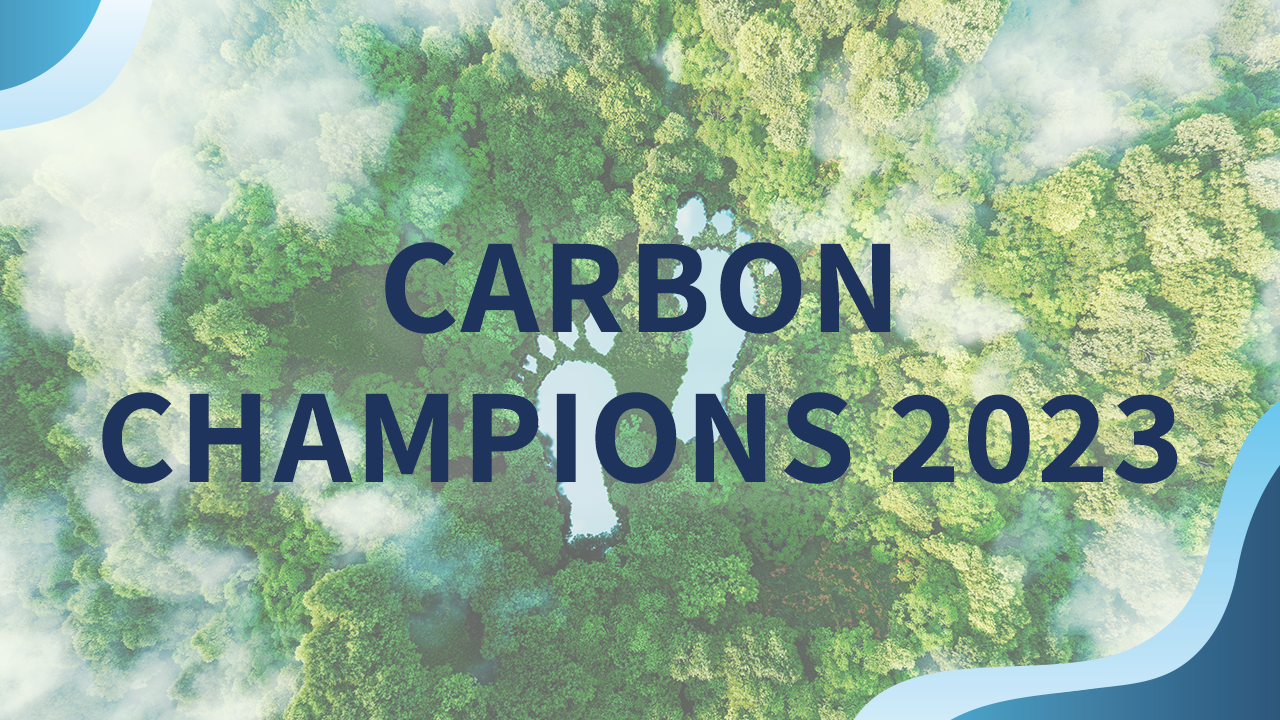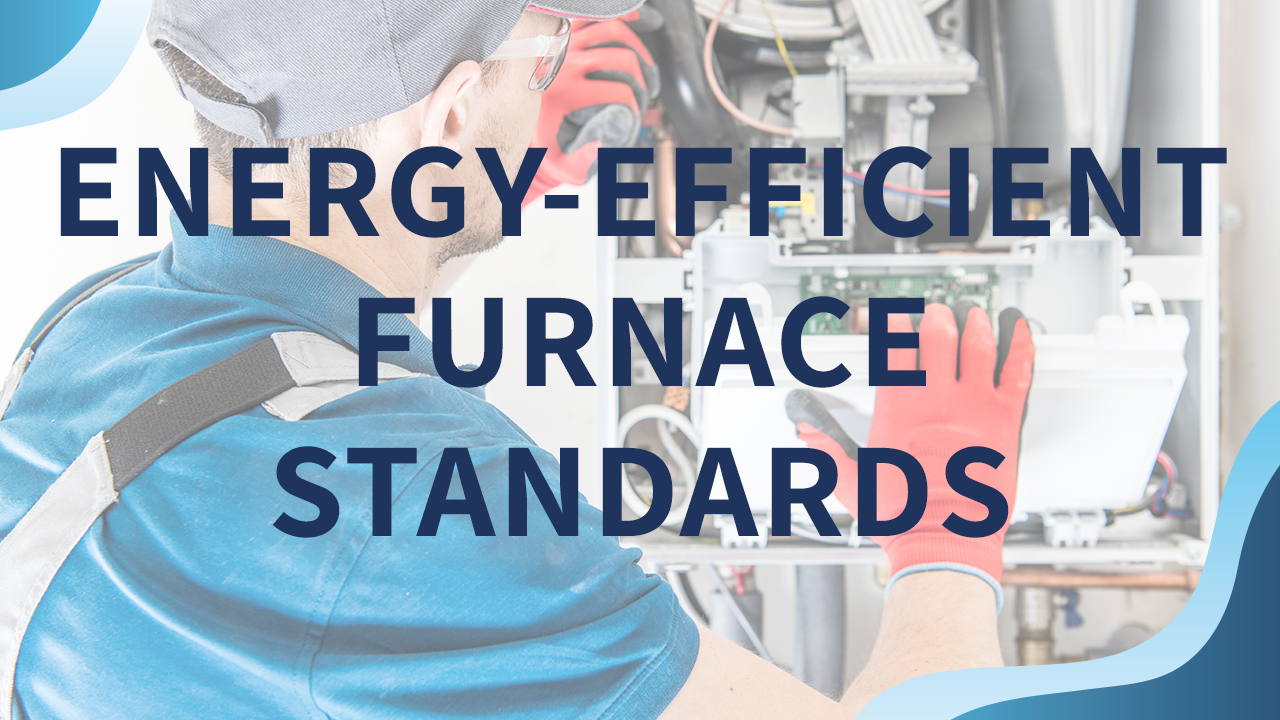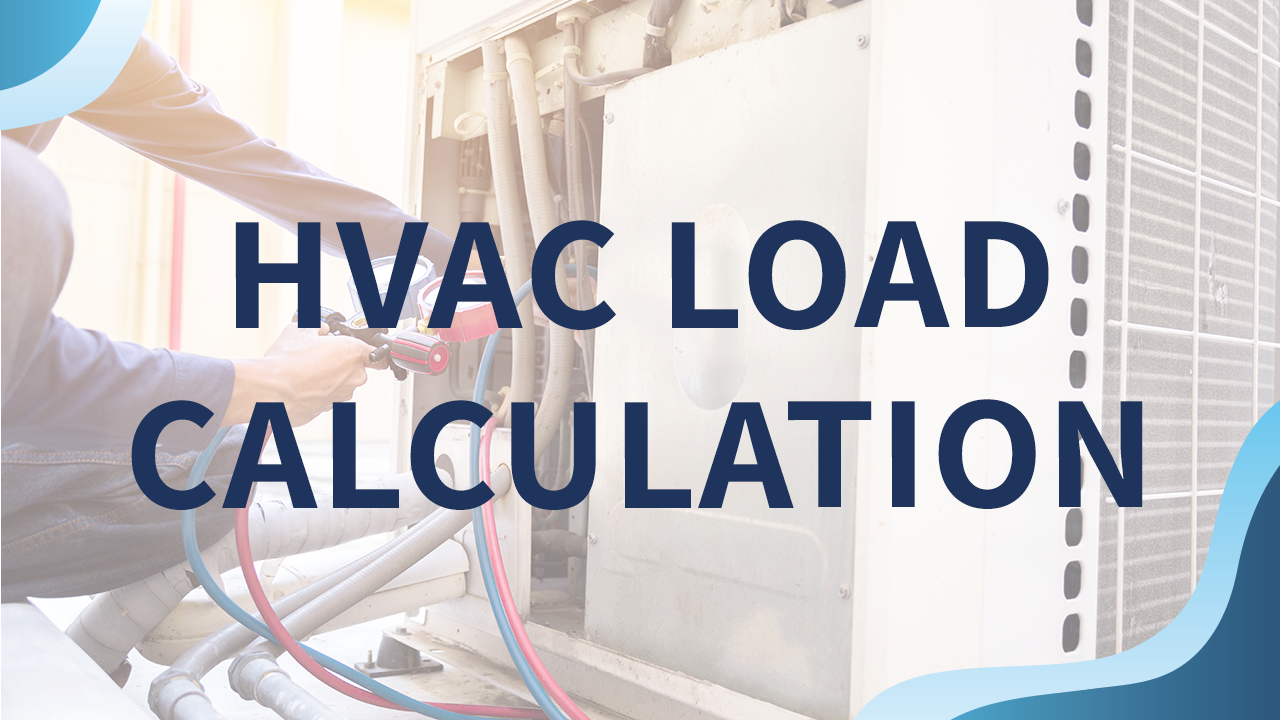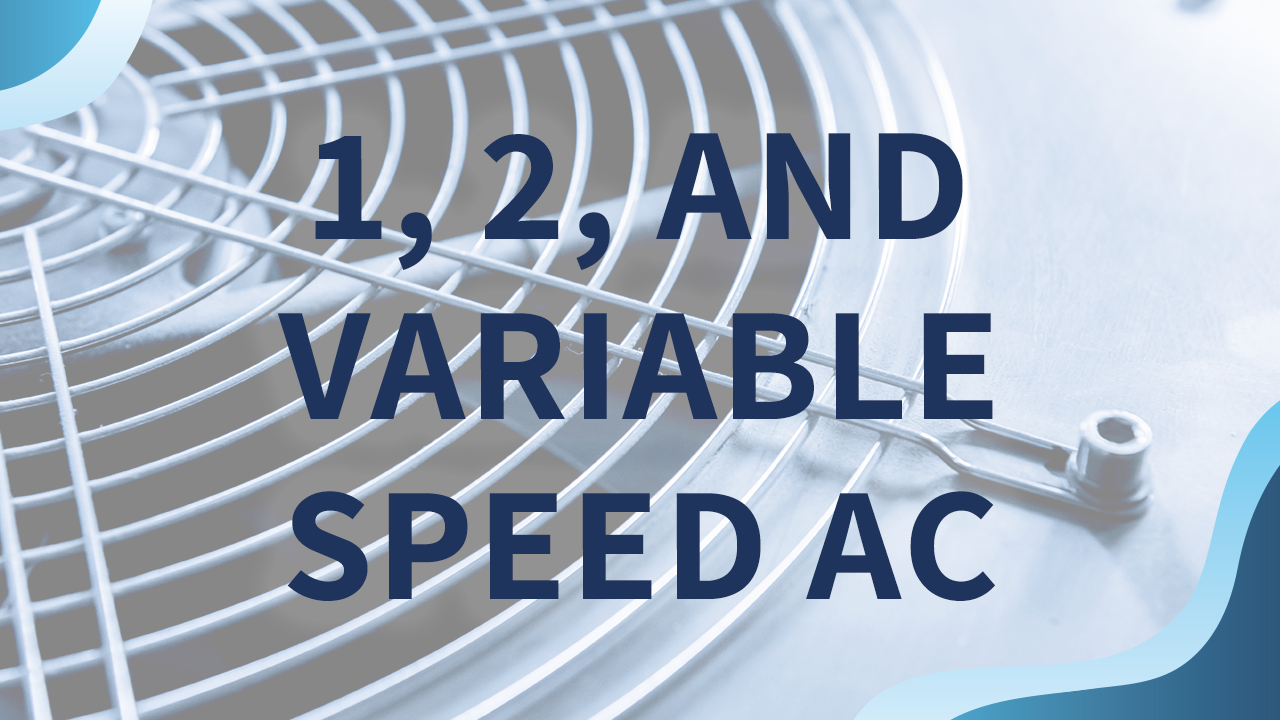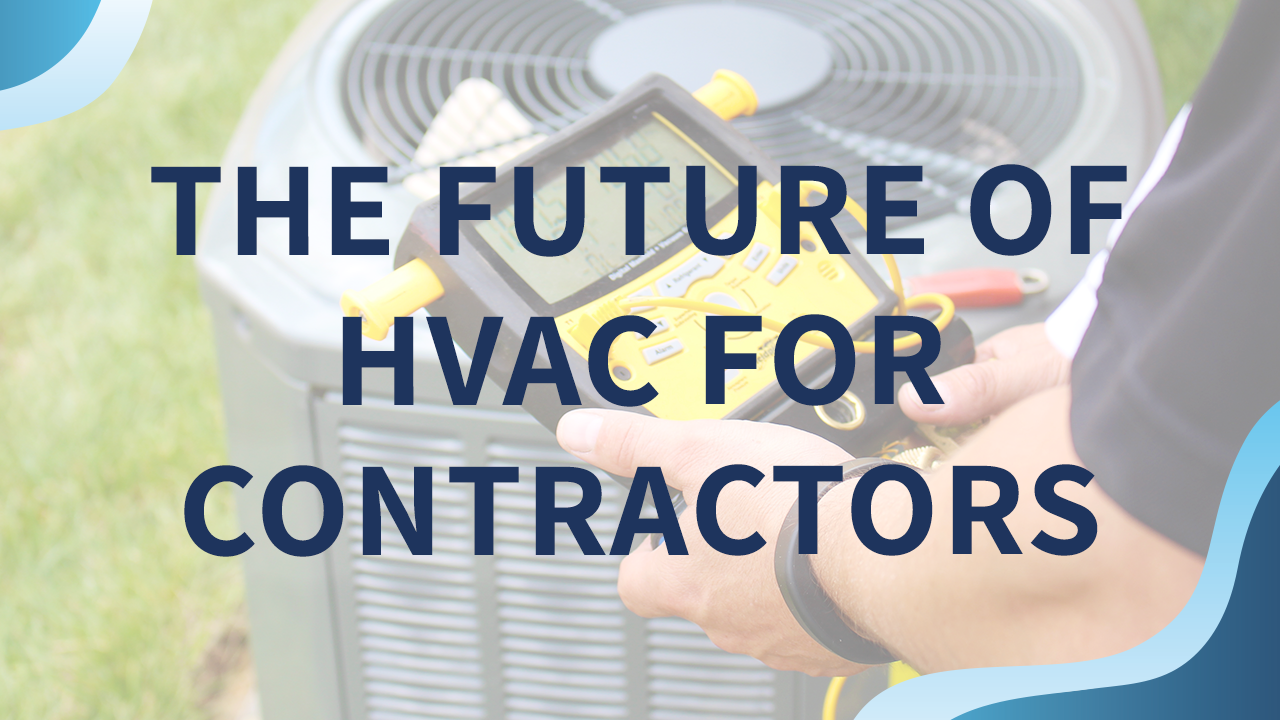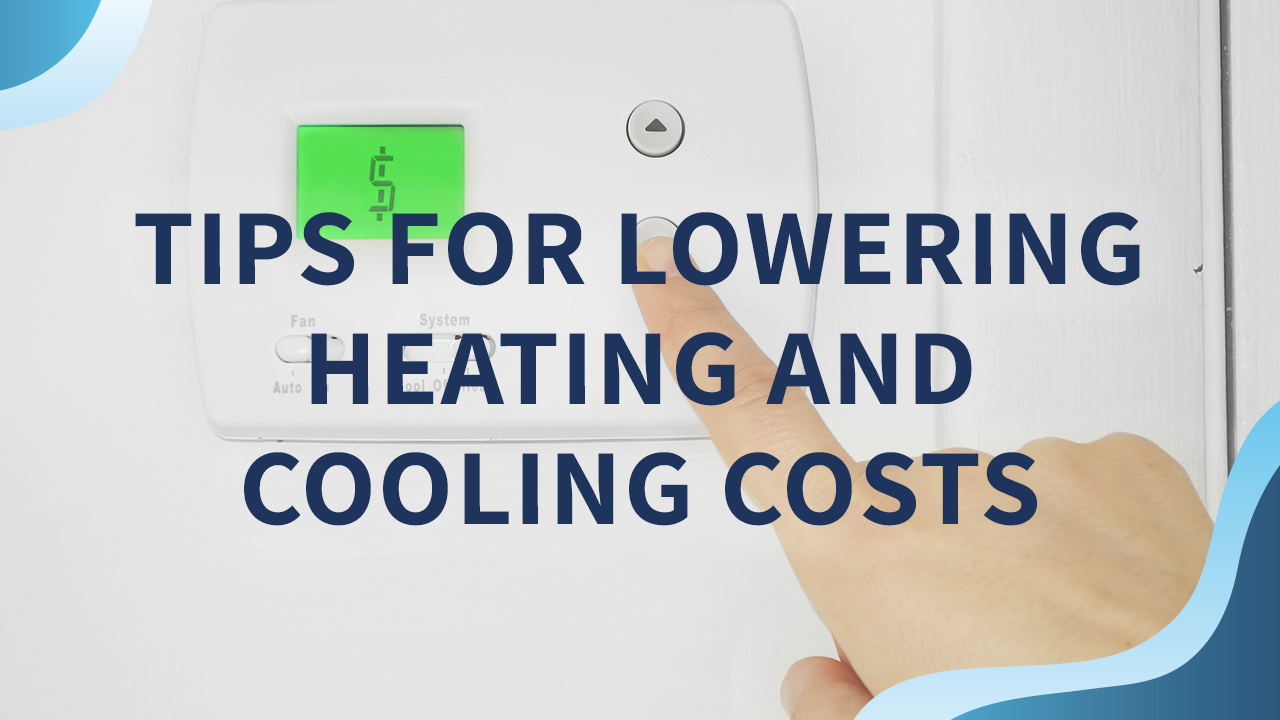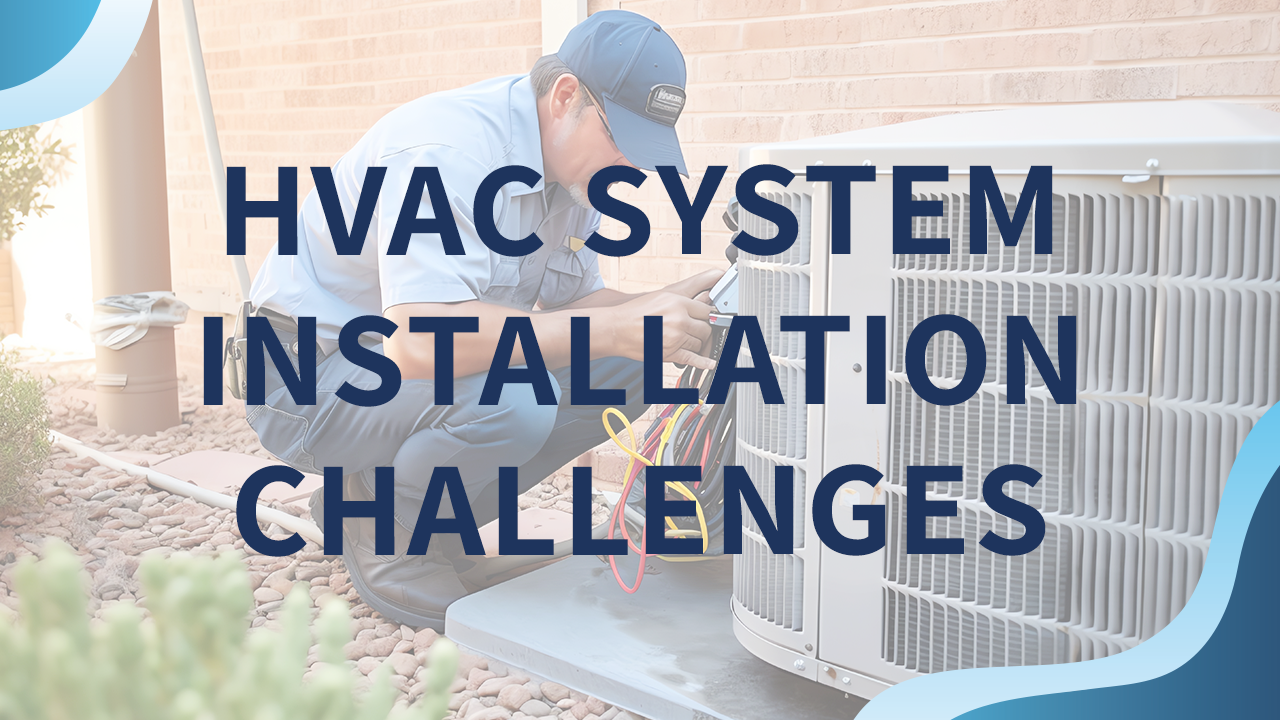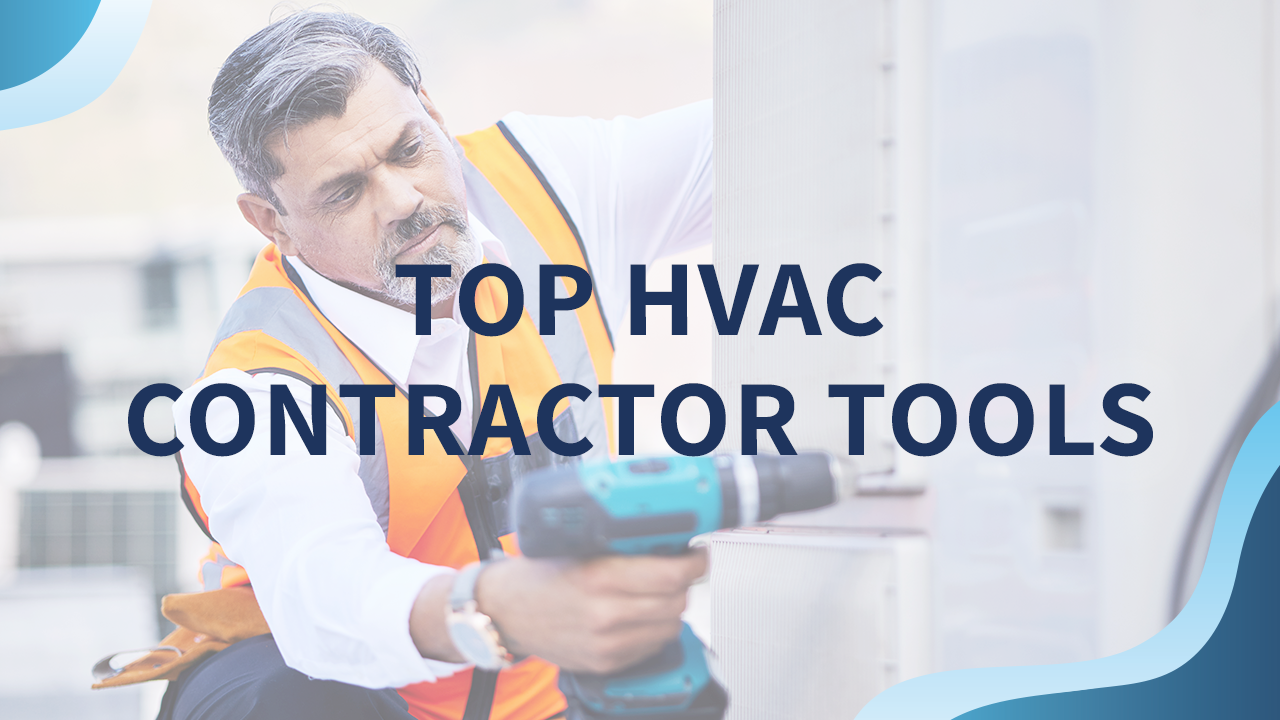Inflation and a looming recession have left individuals and organizations scampering for ways to cut costs and save money. Obviously, they try to avoid incurring extra expenses to meet their spending goals, but as any property owner can attest… stuff happens. Sometimes, equipment like HVAC systems simply wears out and needs repaired or replaced.
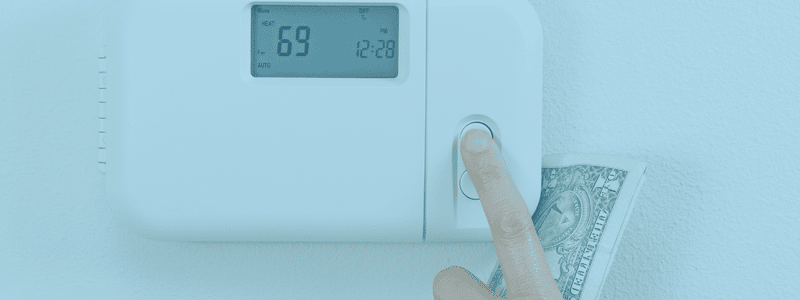

As 2023 approached, the heating and cooling industry and property owners alike braced for additional increases to already-elevated HVAC pricing.
In fact, many hustled to replace aging systems before 2022 concluded in hopes they could avoid the impending price hikes that resulted from the Department of Energy’s higher energy efficiency standards set for Jan. 1. Combined with additional factors affecting the HVAC market, property owners are unlikely to experience much relief from higher prices in the foreseeable future.
Will HVAC Prices Go Up in 2023?
HVAC prices have already risen in 2023, and they likely will continue to rise in the future.
General inflation, higher labor costs and supply shortages already led to rising HVAC costs in recent years, but new regulations propelled the pricing hikes to reach monumental highs.
Why have HVAC prices risen so much in 2023?
The following factors contributed to HVAC-related inflation:
- Inflation – The inflation crippling consumers around the world is also affecting the HVAC industry from its basis. The economic impact of the waning global pandemic is still being felt, and prices of raw materials for manufacturing HVAC equipment have risen, as has the cost of fuel to operate the manufacturing facilities and transport the products for sale or installation. Even the price of refrigerant used by HVAC systems has risen drastically, further exacerbating overall HVAC inflation.
- Supply Chain Shortages – Higher inflation isn’t the only lingering effect of COVID-19. Supply chain shortages leftover from detrimental shutdowns continue to affect HVAC pricing. Goods integral to the manufacturing of HVAC equipment, such as semiconductor chips, have remained in short supply, yet their demand in not only the HVAC industry, but also in the production of products like computers, smartphones and even cars, remains at an all-time high. The conflict resulted in skyrocketing prices.
- Labor Shortages – While a variety of industries experienced a labor shortage following the disruption of the pandemic, the HVAC industry was particularly impacted. In 2020, 80,000 jobs vacancies for HVAC technicians remained unfilled, according to the National Comfort Institute, and an additional 20,000 techs are retiring or changing careers each year. A shortage of 180,000 HVAC technicians is projected by 2025. To compete for the available professionals, HVAC companies have had to pay better wages, and those extra costs are also passed along to the consumer in higher pricing.
- New Regulations – The United States Department of Energy rolled out new energy efficient standards for central air conditioners and heat pumps that went into effect Jan. 1, 2023. The new rules increase the minimum efficiency standard for central air conditioners and heat pump systems from 1 SEER to 14 or 15 SEER. Combined with the phasing out of once common refrigerants, and countless properties will need to revamp their existing HVAC systems. While HVAC equipment with higher efficiency ratings is obviously more environmentally safe, and it generally results in lower energy bills, the systems also come with a higher price tag. In fact, the manufacturing adjustments to meet new national standards could cost HVAC suppliers as much as 20% more, costs that will be passed to consumers in higher sticker prices on HVAC equipment.
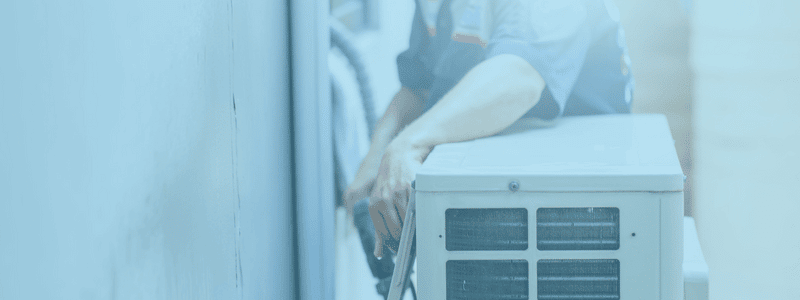

Does a New HVAC System Increase a Home’s Value?
While purchasing a new HVAC system is a major expense, it’s also an investment that can pay for itself by reducing energy bills and increasing the value of the home. In fact, a new HVAC system can increase a home’s value by as much as $3,000 – and if HVAC prices remain high the added value could likewise increase. Of course, the cost of installing a new HVAC system exceeds the property value boost, but after a few years of reduced energy bills, that difference can be recouped.
What is the Best Time of Year to Buy a New HVAC System?
Property owners hoping to get the best deal on installing a new HVAC system should elect to buy their equipment in the spring or the early fall months. HVAC prices typically are lower during these non-peak times of year when the business is the slowest. Manufacturers often offer special pricing and discounts during the slower months to help boost sales, and HVAC contractors become more aggressive with their pricing in order to fill up their schedules.
Should You Wait to Buy a Heat Pump?
Higher HVAC prices have left many property owners wondering if they should purchase a new heat pump now, or wait and see what happens in the coming months. New energy incentives, however, make 2023 the ideal time to buy a heat pump. After all, you could wait, and risk that inflation will only further propel costs. Thanks to the Inflation Reduction Act, however, taxpayers who upgrade their homes’ energy efficiency are eligible for not only tax rebates but also significant discounts on heat pumps purchased after Jan. 1, 2023 – including installation costs. The rebates are available on a sliding scale to households with incomes less than 150% of the area median income, and the tax credits can be worth as much as 30% of the installed cost, up to $2,000.
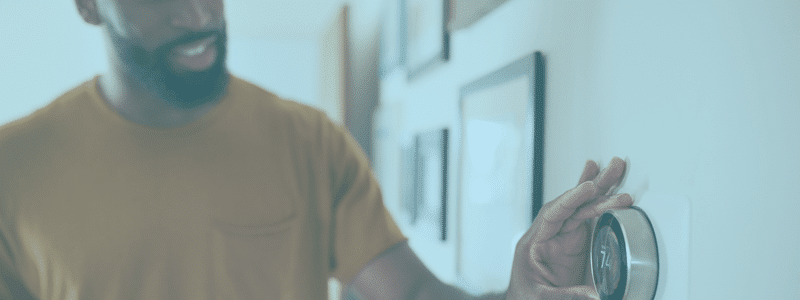

How much Will HVAC Equipment Cost in 2023?
Since many manufacturers redesigned their HVAC system components to meet new government efficiency requirements, it’s only natural those investments were reflected in the price of new equipment.
Plus, some inexpensive equipment that didn’t meet the 2023 SEER requirements is no longer available, further driving up the average price of HVAC systems. While changes only recently took effect, HVAC price increases were projected to range from 15% to 25%.
Therefore, the total HVAC system replacement cost for most U.S. homes could fall anywhere from $5,000 to $10,000 with a national average of $7,500.
